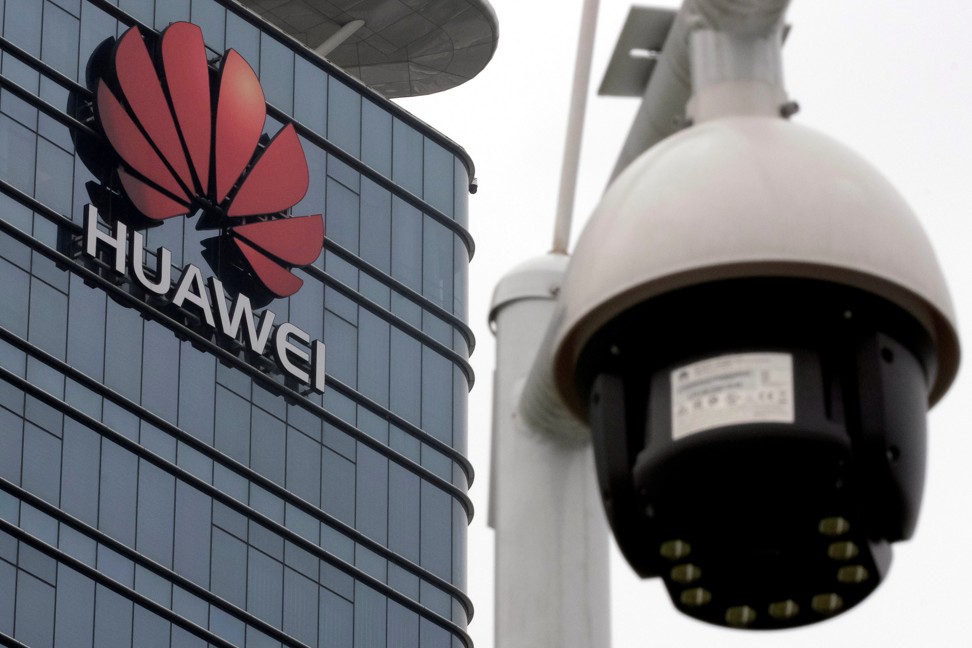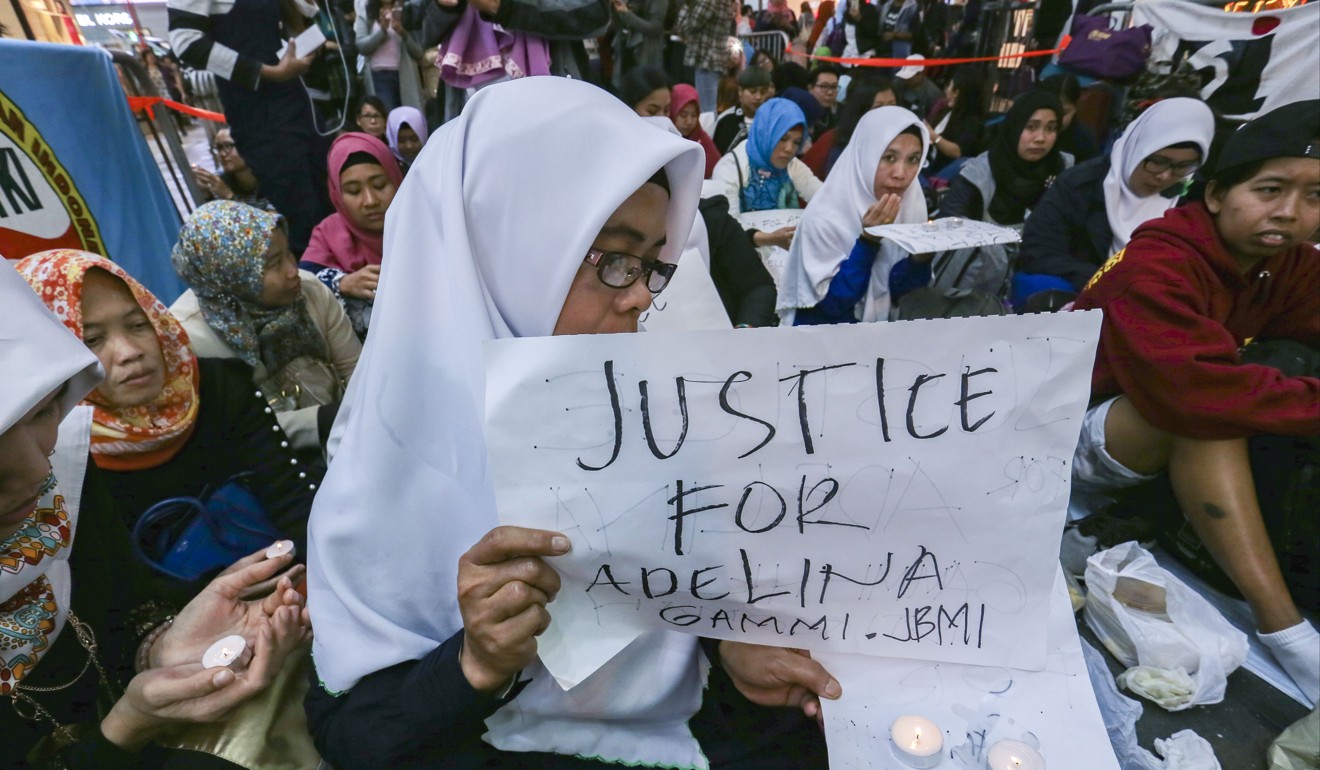
This Year in Asia: Huawei, Hong Kong protests, domestic workers and toxic masculinity in K-pop are our most-read stories from 2019
- From Huawei to the Hong Kong protests, via toxic masculinity in K-pop and the continued mistreatment of domestic workers, here are the most-read stories of the year
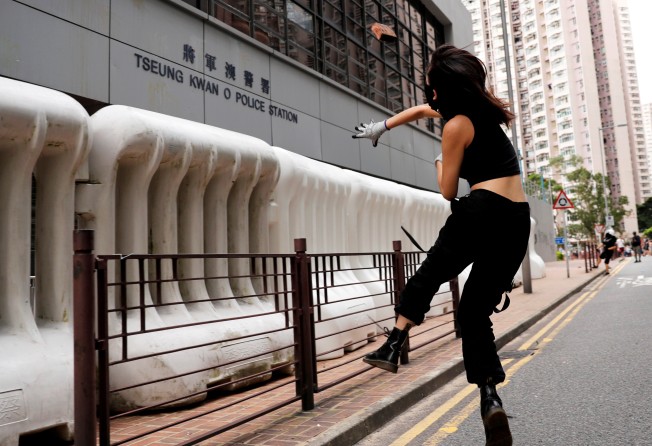
It’s been a big year, what with protests in Hong Kong, the regional fallout as Huawei became a target in the continuing joust for influence between the United States and China, and a spate of controversies everywhere from South Korea to the Philippines. Here are some of the stories that most resonated with readers over the past 12 months – some are quirky, others topical, and many deal with how the shifting tides of geopolitics affect all those who live in this endlessly fascinating continent.
These are your top pieces of the year – and here is a chance to go over an old favourite, or dive deep into a piece you might have missed.
1. The mistreatment of Asia’s domestic workers

Our top story of the year was a look at the plight of domestic workers around the continent. This piece was run as a follow-up to the jailing of a Singaporean couple who had force-fed, threatened and abused a domestic worker from Myanmar – but there have been a spate of such abuse cases in recent years.
As the South China Morning Post has previously reported, migrant women face abuse and racial discrimination, some live in slave-like conditions and all grapple with a lack of legal protection or channels to voice their concerns in Singapore, Malaysia and Hong Kong.
2. The Hong Kong protests
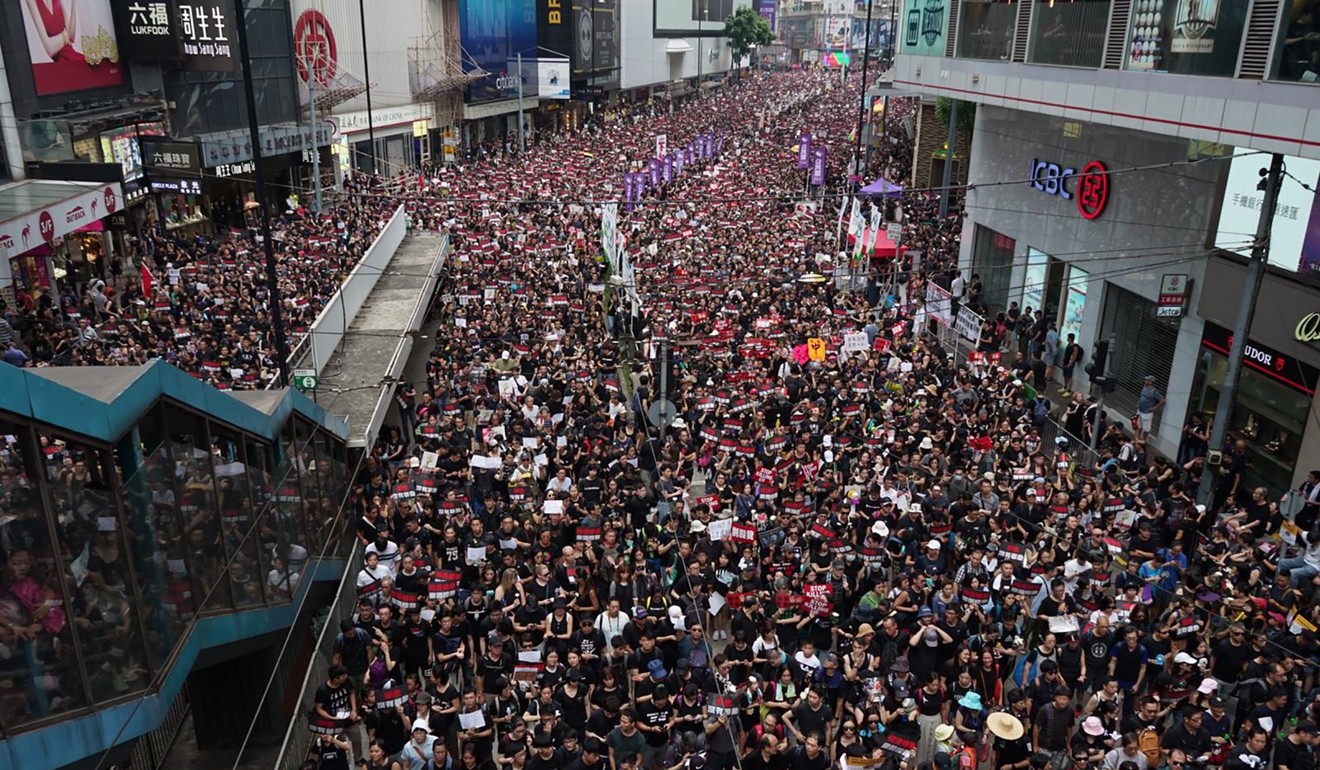
When it came to pulling in the readers, one issue stood head and shoulders above everything else: how the protests in Hong Kong were affecting the rest of Asia. The topic accounted for three of This Week in Asia’s 10 most-read stories of the year and many others in the top 40.
At the top of the list was ex-Trump envoy Susan Thornton warning that the US passing the Hong Kong human rights and democracy act would only “punish the wrong people”.
Other notables included a look at how Hong Kong students abroad are bearing the brunt of a political divide, Singapore Prime Minister Lee Hsien Loong becoming a social media hero in China after he criticised the protesters and Dewey Sim’s report on the new favourite destinations for Chinese tourists now they’re giving Hong Kong a miss.
3. Huawei under fire
The United States’ spying accusations against Huawei had the desired effect in the West, where each other member of the Five Eyes intelligence-sharing community – Canada, Britain, Australia and New Zealand – looked into their dealings with the company. In Southeast Asia, however, many countries that are reliant on Huawei technology for their budding 5G networks continued to work with the giant, opening up the region as a key battleground for the US and China.
Readers couldn’t get enough of this story, which kept its high rating for months after it was first published, and little wonder. The Huawei issue has ramifications for the entire continent, with its US-led blacklisting leaving question marks over how soon avid smartphone users can reap the benefits of next-generation communications technology.
4. Toxic masculinity in the K-pop industry
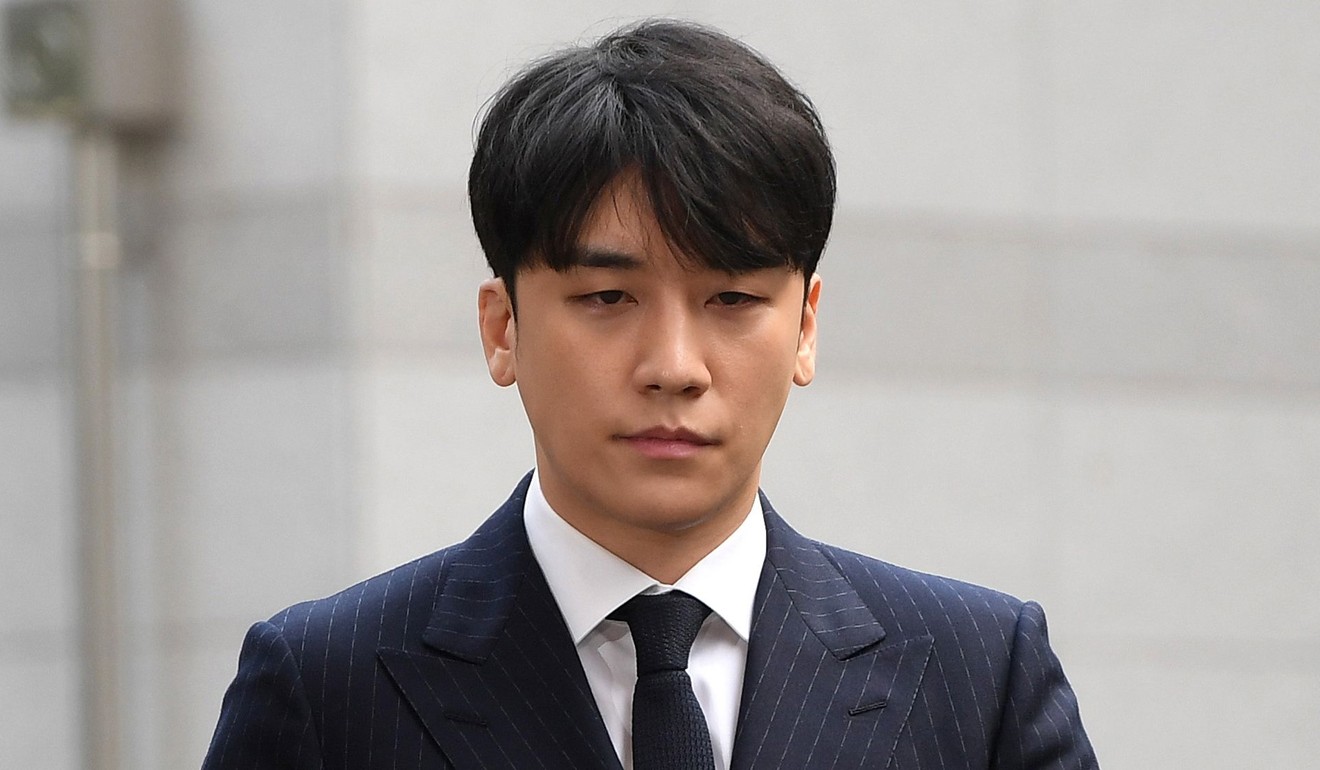
K-pop’s sex crimes scandal exploded earlier this year with the news that stars had been arrested for secretly filming and sharing videos of at least 10 women with fellow celebrities and friends. But while the world reacted in shock, others saw the abuses as shining a spotlight on a wider issue affecting South Korean society – toxic masculinity.
Experts say this is evident in the propensity of men to share illicit material about women and treat them as pieces of meat or bargaining chips in a game of sexual bragging – a common problem in Korean culture. And while some K-pop idols have been forgiven their past behavioural issues, some say 2019 is the year many first started facing the consequences of their actions.
5. Malaysia’s Mahathir deals with Beijing
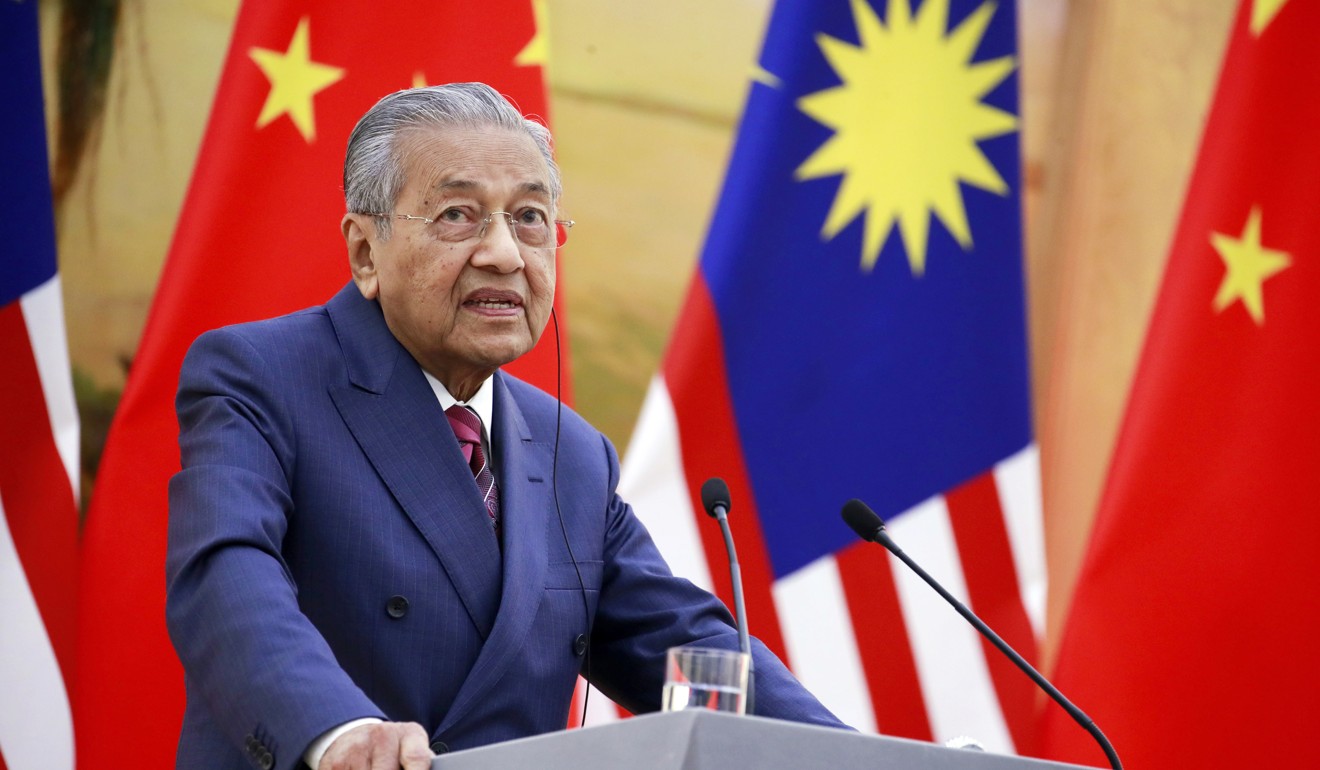
Speaking exclusively to the South China Morning Post, in his first interview with overseas media in 2019, Malaysia’s prime minister was asked which side he would take as the geopolitical rivalry and trade war between the US and China roiled. His answer? That he would prefer the economic largesse of Beijing over what he saw as Washington’s unpredictability.
As the Mahathir administration neared its one-year mark in March, the 94-year-old’s blend of candour and statesmanship proved as winning to our audience as it did to voters.
6. Singapore’s reaction to the Hong Kong protests
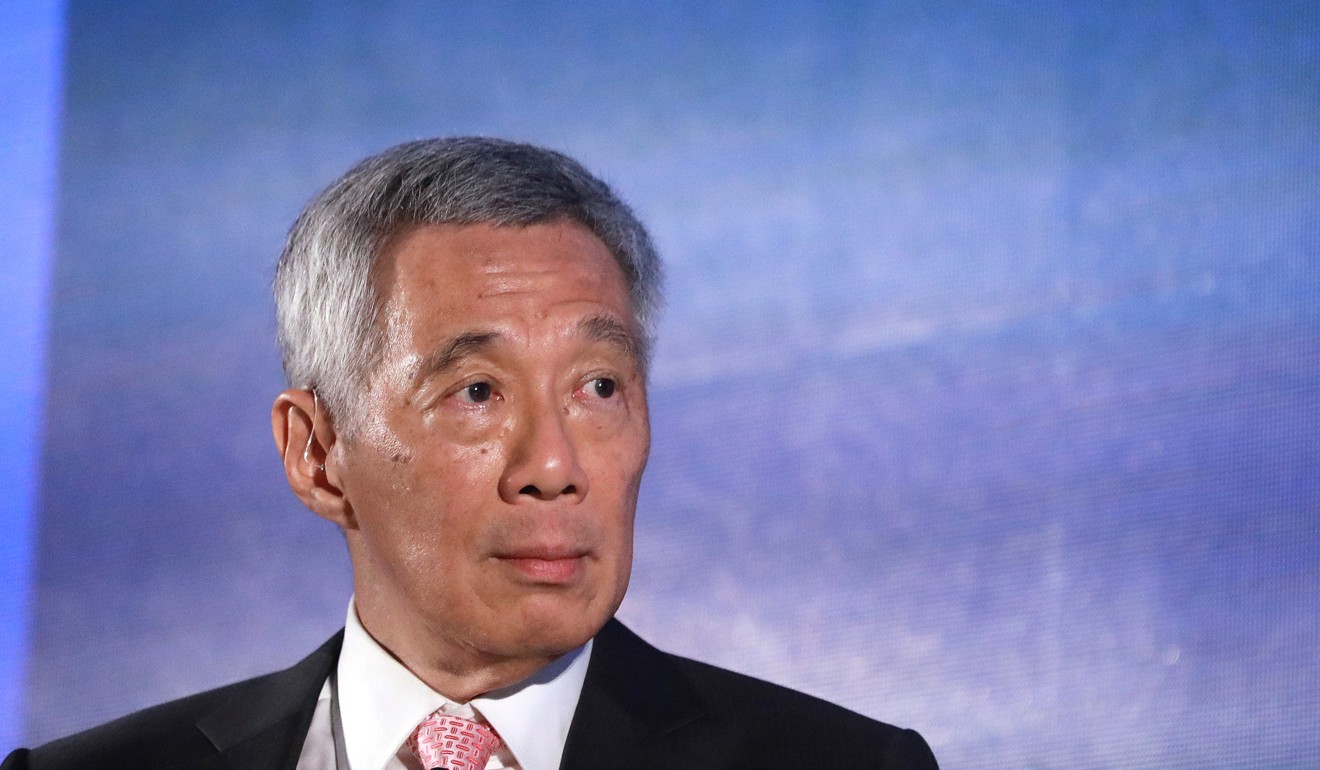
The Lion City and Hong Kong are often portrayed as rivals and readers have found their views of each other newsworthy. When Singaporean Prime Minister Lee Hsien Loong weighed in on the anti-government protests, saying the protesters’ five main demands are intended to “humiliate” the city’s administration, and acceding to them is unlikely to solve the deep-seated issues linked to “one country, two systems”, readers in city and city state alike took notice.
On the mainland, Lee’s remarks were quickly picked up by Chinese state media, and multiple posts about his speech began to circulate on Chinese microblogging site Weibo. Chinese social media users were quick to praise what they saw as Singapore’s strong governance.
However, Hongkongers also reacted to reports of some of their number relocating to Singapore – as well as comments from friends and on social media – by pointing out that some Singaporeans did not understand the nature of the protests, which they maintain are a fight for “freedom and liberty”.
7. A Singaporean love story
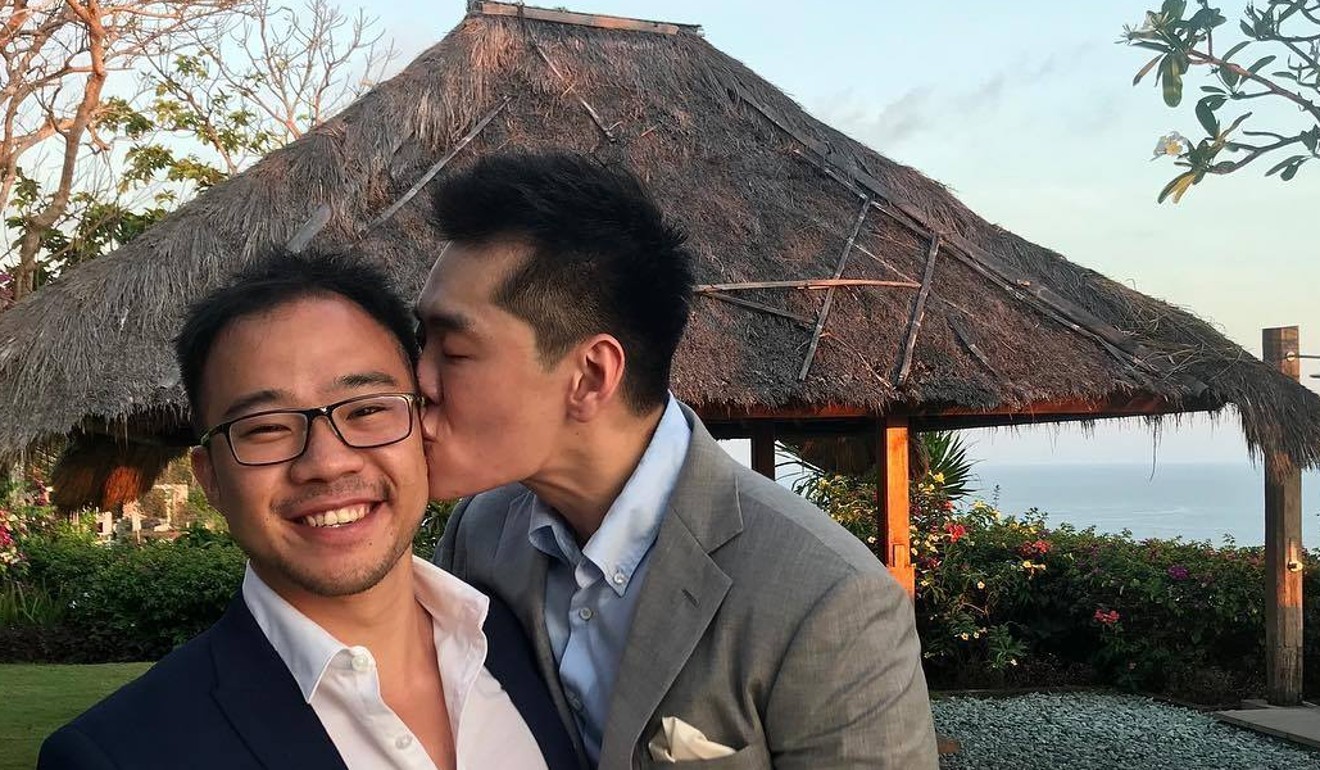
The news that Li Huanwu, a grandson of Singapore’s late founding father Lee Kuan Yew, had married his boyfriend in South Africa prompted a flurry of reactions in his home country – most of them positive.
Sex between men remains illegal in the island nation, but Lee – who was prime minister for 31 years – had been known to express a different opinion from the government in his later years.
“[This day] would have been unimaginable to us growing up. We are overjoyed to share this occasion in the glowing company of friends and family,” Li told the Post.
The story was especially popular in mainland China, where posts of Li’s wedding surfaced on social media app WeChat. A few reacted with disdain but many of the Chinese commentators also congratulated the couple, with some hoping that Li would front the fight for gay rights in Singapore.
8. Radar-evading missiles
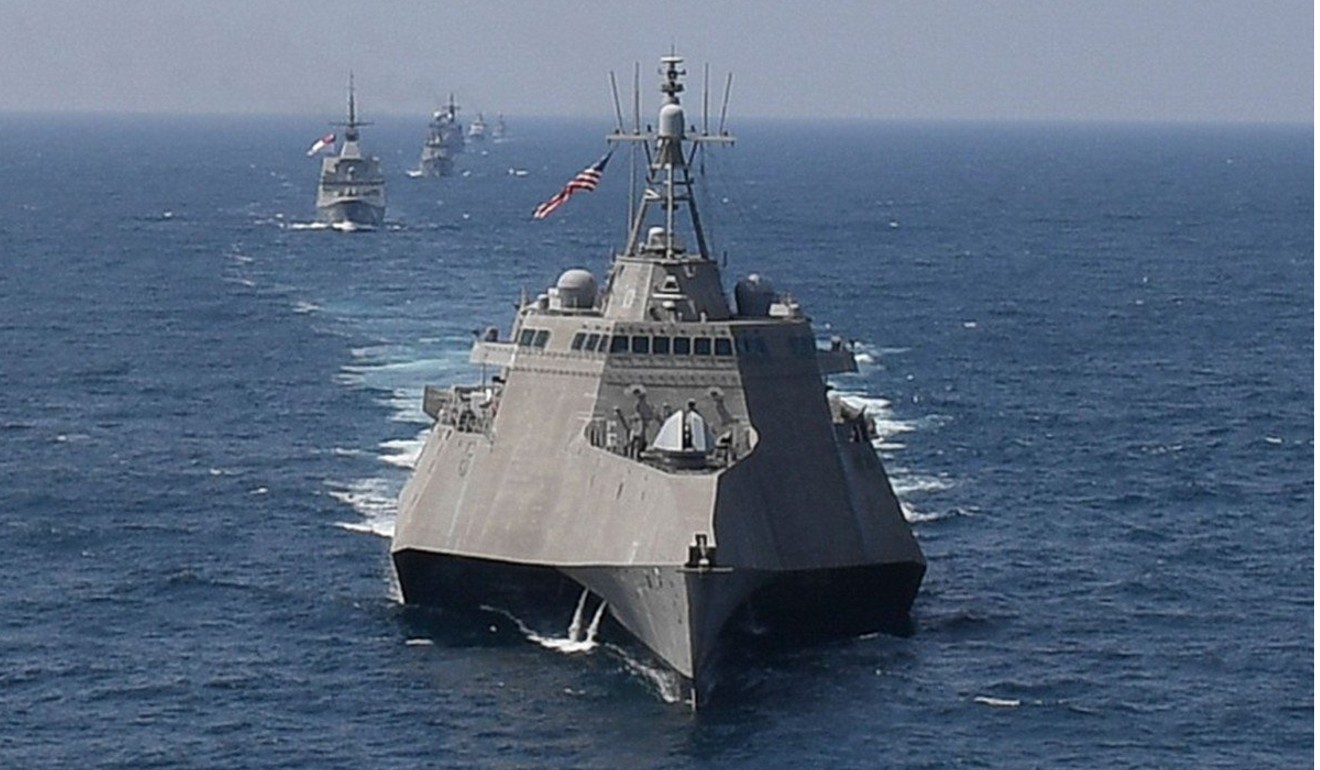
This one really hit the spot with readers. Bhavan Jaipragas’ report revealed how the improved capabilities of littoral combat warships could give the US Navy an edge in Asia, just as its counterpart Chinese force is making gains.
9. A Philippine feud

This had all the ingredients for a story to go in the top 10 of 2019 – a brawl between two celebrity sisters, at their father’s wake, right in front of Rodrigo Duterte, the present of the Philippines.
Then it came to light that the two sisters, both actresses, and their family members were bickering over a love triangle involving a notorious gambling lord. Want to know how it all played out? You’re not alone.
10. The US needs India – because of China
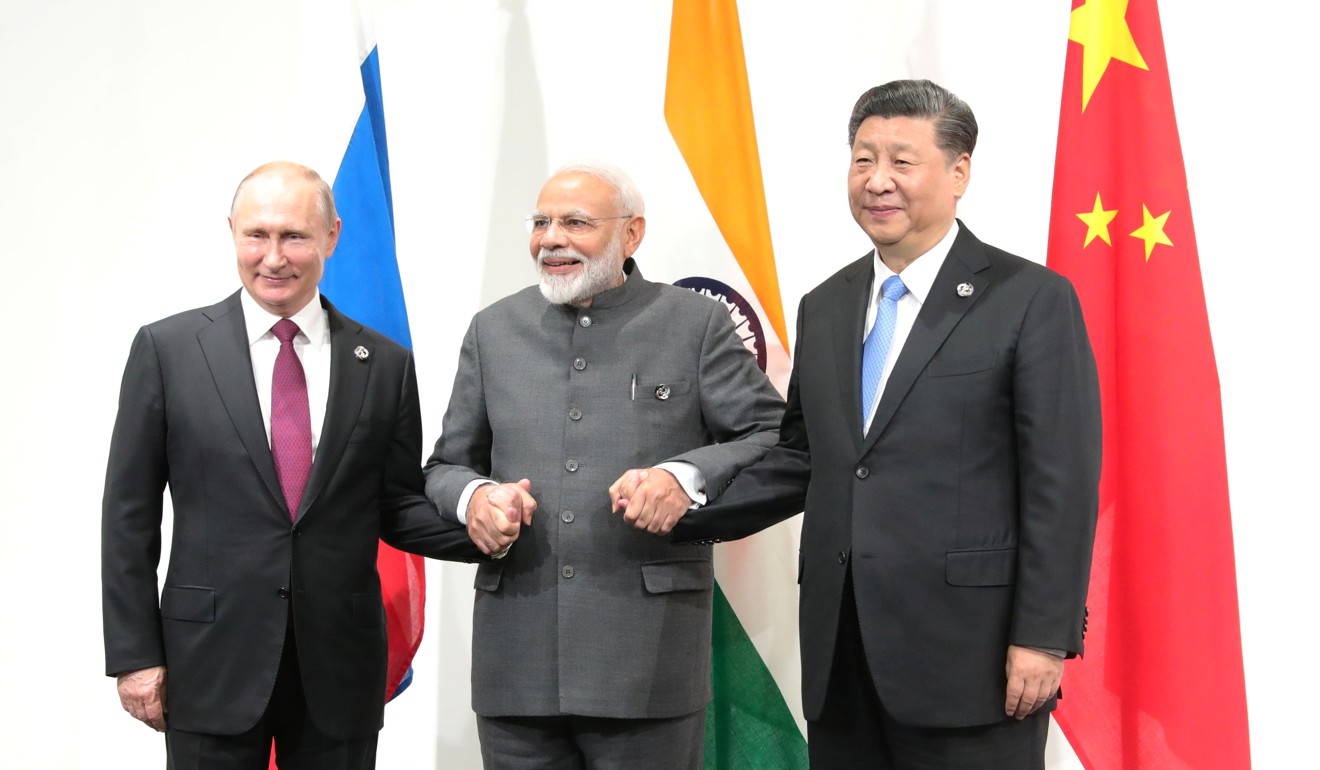
Ahead of the G20 meeting in Osaka this June, the United States was confronted with a sight it really didn’t want to see – Indian Prime Minister Narendra Modi, Russian President Vladimir Putin, and Chinese President Xi Jinping all sharing a table. Then Xi and Modi began the first of three bilateral meetings they would have over the next three months.
Washington soon moved into action, courting Modi by invoking his campaign slogan and trying its best to inject hope into the troubled India-US relationship. But while America’s backing of India as a counterweight to China has been mutually advantageous in the past, this piece explains why that equation might be changing for India.
